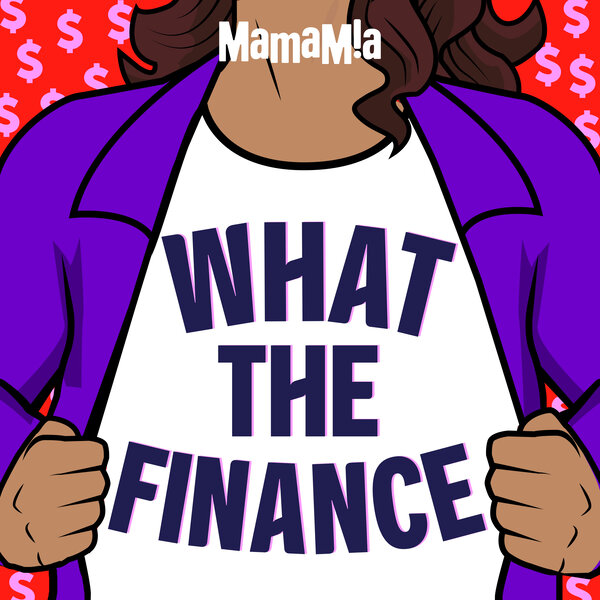
“It’s a power play, it’s ownership, and it’s just one of the steps in breaking down someone’s autonomy to the point you can become their puppet master.”
Felicity*, 42, is a survivor of domestic violence. Eight years ago, she packed up her infant son, a suitcase of clothes, and fled.
What comes to mind when you think of domestic violence? Bruised arms, bloodied lips, broken furniture? Screaming matches? Cars speeding away in the middle of the night, suitcases packed, crying children?
What if I told you that there was another type of domestic violence? One that is so silent and pervasive, you would probably have no idea it was ever even going on?
Economic abuse or financial violence is the silent player in the game of domestic violence, and a cruel and dangerous trap.
Felicity managed to leave her ex-husband, but the road to recovery for herself and her son has been tough: she literally was forced to start her life over, with nothing more than the cash in her wallet.
Want advice on starting over after separation? Mamamia’s The Split has you covered. Post continues after audio.
What is ‘financial violence’?
“Financial violence can take many forms but essentially it’s a situation where the actions or behaviours of someone whom you trust makes you feel like you’re not in control of important financial decisions that impact you,” explains Tasha Chye, Senior Manager, Community Advocacy at Westpac.
It is a typically suffered by women, particularly women in married partnerships. It can be found across all age groups, and all class structures. Figures show that 98% of women who report domestic violence to police also suffer economic abuse.





























































































